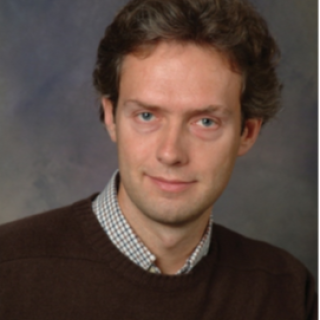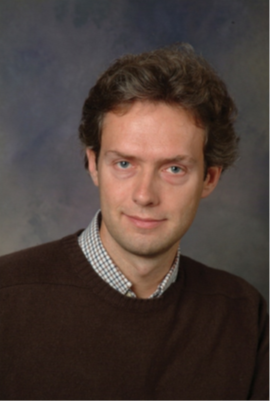
Mathias Viard, Ph.D.
- Center for Cancer Research
- National Cancer Institute
- Building 469, Room 211
- Frederick, MD 21702-1201
- 301-846-7349
- mathias.viard@nih.gov
RESEARCH SUMMARY
His research initially focused on the study of the viral entry step. He investigated the kinetics of entry, the interaction of viral proteins with target membranes, the participation of host factors and the overall inhibition of the fusion process. This work has also led to the establishment of a novel technique for the inactivation of enveloped viruses. Mathias Viard also looked at the interaction of particles with cells in the context of RNA delivery. His current research aims at understanding the influences of genetic variations at the HLA and KIR loci on disease risk or outcome upon treatment.
Areas of Expertise
Research
His research focuses on the study of the viral entry step. He investigated the kinetics of entry, the interaction of viral proteins with target membranes, the participation of host factors and the overall inhibition of the fusion process. This work has also led to the establishment of a novel technique for the inactivation of enveloped viruses. Mathias Viard is also looking at the interaction of particles with cells in the context of RNA delivery.
Biography

Mathias Viard, Ph.D.
Mathias Viard received his engineering degree in 1992 from the National School of Chemistry and Physics (ENSCPB) in Bordeaux, France. In 1998 he obtained his PhD degree in Biophysics from the university Pierre and Marie Curie in Paris, France. His thesis work dealt with the reconstitution of viral proteins into liposomes and was performed at school of pharmacy of Chatenay Malabry in the laboratory of Dr Ollivon. He then joined the Membrane Structure and Function section of Dr Blumenthal at the NIH as visiting and then research fellow where he studied on viral entry, viral inactivation and liposomal delivery. He then briefly worked in the laboratory of Dr Shapiro on RNA delivery before transitioning full time to the group of Dr Carrington in 2018. His position has there evolved towards bioinformatics, and he is currently analyzing correlations between genetic traits mostly at the HLA and KIR loci with disease outcome.